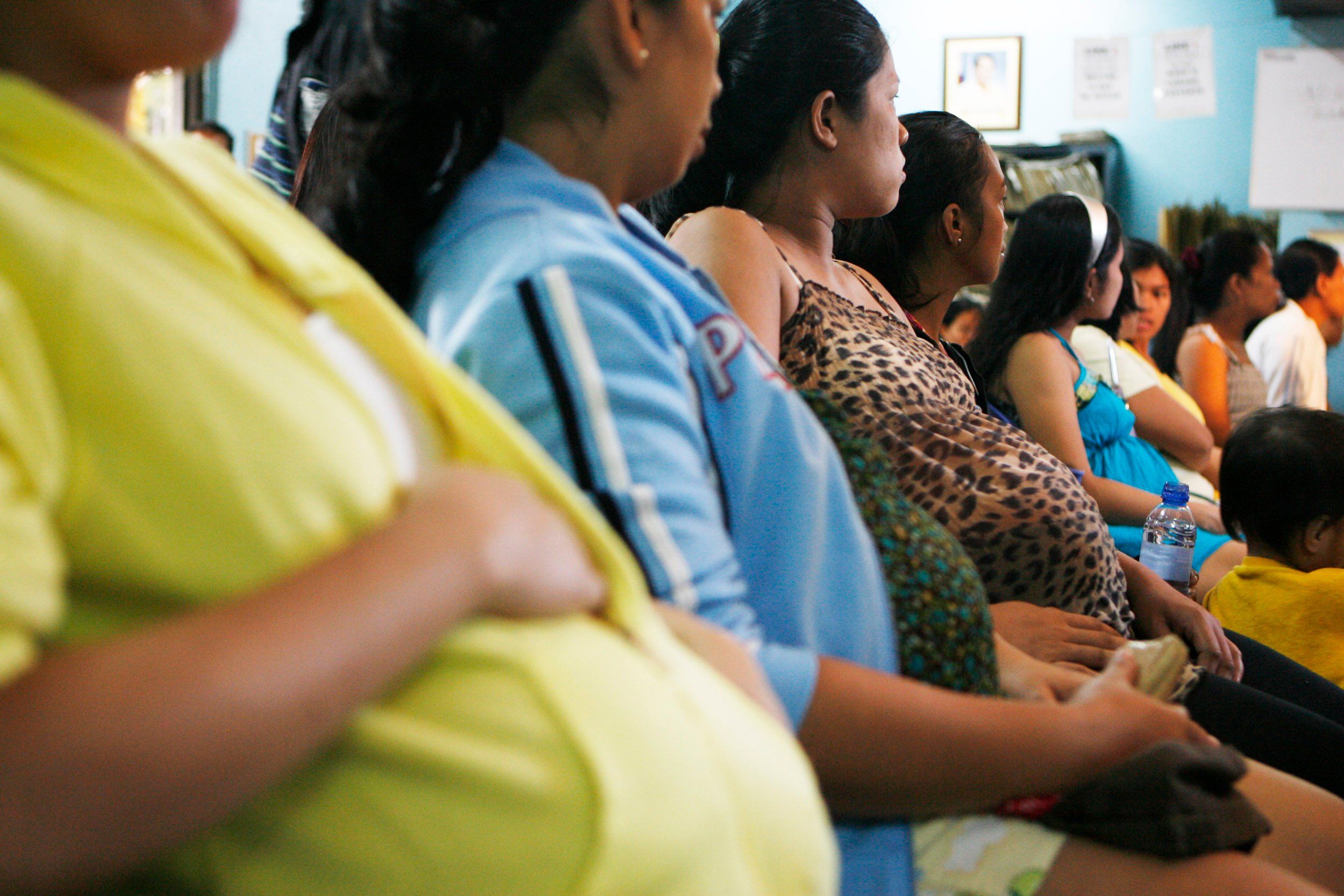Teenage pregnancies recorded a troubling 35 percent rise between 2021 and 2022, based on government statistics, and such pregnancies has trapped thousands of young Filipinos (15 years old and below) to the relentless cycle of poverty, discrimination and lost opportunities.
This is why Save the Children Philippines (SCP), a private organization dedicated to advocating the rights of children to a decent life, is lobbying for the passage by the Senate of the Adolescent Pregnancy Prevention Bill to minimize, if not stop, this nagging problem that more often results in increased abortion and isolation of pregnant teens.
As the Philippines commemorates the 34th anniversary of its ratification of the United Nations Convention on the Rights of the Child this August, Save the Children underscores that the passage of the Adolescent Pregnancy Prevention Bill is not just necessary but a moral imperative for the Philippine government to uphold, the Manila Times reported.
As early as March 2024, the children’s advocacy group voiced in a press release its alarm at the 35 percent rise in teen pregnancies (from 10 to 14 years old) that prompted it to call on families and the government “to join forces in educating children about their rights and reproductive health.”
In 2022, the Philippine Statistics Authority (PSA) documented 3,135 cases of adolescent pregnancies among young girls, showing a 35 percent increase from the 2,320 cases recorded in 2021. PSA has noted a concerning upward trend in teenage pregnancies under the age of 15 since 2017. Since then, the Philippines continues to have one of the highest teenage pregnancy rates in Asia.
"We call upon the government to prioritize comprehensive access to sexual and reproductive health information and services, conduct massive awareness-raising campaigns, and strengthen health systems to safeguard the safety and well-being of our children. Additionally, we encourage parents to engage in open and healthy conversations with their children about sexuality and reproductive health to empower them to make informed choices," Save the Children’s Technical Adviser for Adolescent Sexual and Reproductive Health and Rights Shebana Alqaseer said.
Save the Children Philippines is helping mothers and caregivers learn to communicate with adolescent children on lessons of sexuality and reproductive health through Healthy, Empowered and Responsible Teens or “HEART to Heart” program implemented in Luzon, Visayas, and Mindanao. *
'Positive parenting'
Josie from Eastern Visayas, a mother of 11-year-old Maria (not her real name) who bravely survived abuse from her landlord's teenage son, realized the importance of positive parenting.
“Looking back, I realize the significance of equipping my children with the tools to understand consent and fostering open dialogue. Had I participated in the HEART to Heart program sooner, I could have better supported and empowered Maria through her ordeal.”
HEART stands for healthy and empowered responsible teens.
Josie's story highlights the impact of proactive parental engagement and community programs in safeguarding the well-being and resilience of adolescent girls.
SCP has been holding Positive Parenting workshops as part of the ADDVOICE initiative with Josie as one of the hundreds of parents and caregivers who participated in the workshops.
The steady rise in adolescent pregnancy, which is now regarded a national problem, cannot be traced to a single cause; rather, it is the result of a combination of biological, social, and cultural factors. These factors contributed to adolescent sexuality and reproductive health issues: (1) early sexual debut; (2) limited access to comprehensive sex information and education; (3) inadequate communication skills among parents, whom adolescents identify as one of their preferred sources of information regarding sexual reproductive health; (4) lack of access to family planning services; (5) cultural practices that encourage early union; and (6) absence of adolescent sexuality and reproductive health (ASRH) policies and its full-implementation.
May I add, the exposure to loose or uncensored adult programs in the internet and mass media (particularly television) which made children daring enough to try testing sex on their own, without being informed adequately of the dire consequences of sexual activities to their personal growth.
The group estimates that daily, over 500 adolescents in the Philippines become mothers, a stark and troubling reality that includes girls as young as 10 years old, thereby forcing them to abandon education and assume the heavy responsibility of parenthood– thus robbing them of their future.
"These figures tell a heartbreaking story of young lives derailed by circumstances beyond their control. Girls as young as 10 are being thrust into the role of mothers while still children themselves," the Manila Times quoted Wilma Banaga, Child Protection advisor at Save the Children.
#WeTakeAStand #OpinYon #OpinYonNews #TeenagePregnancy #SCP #PSA
